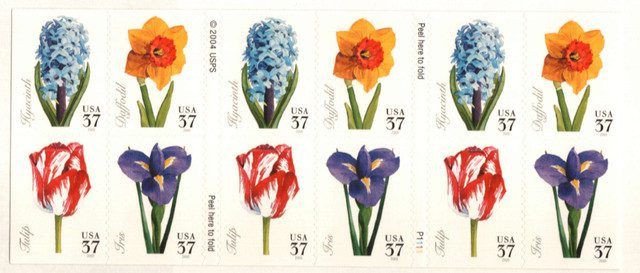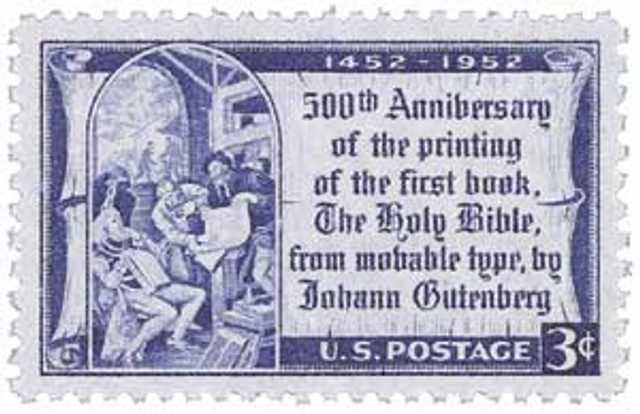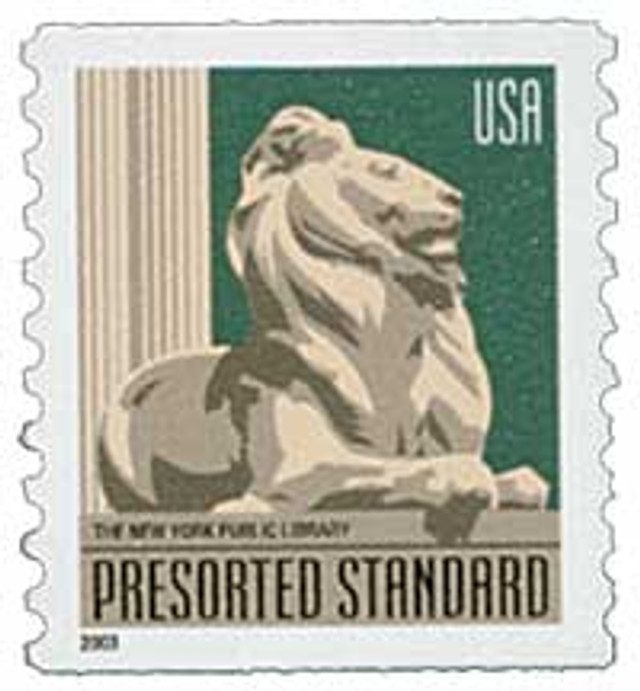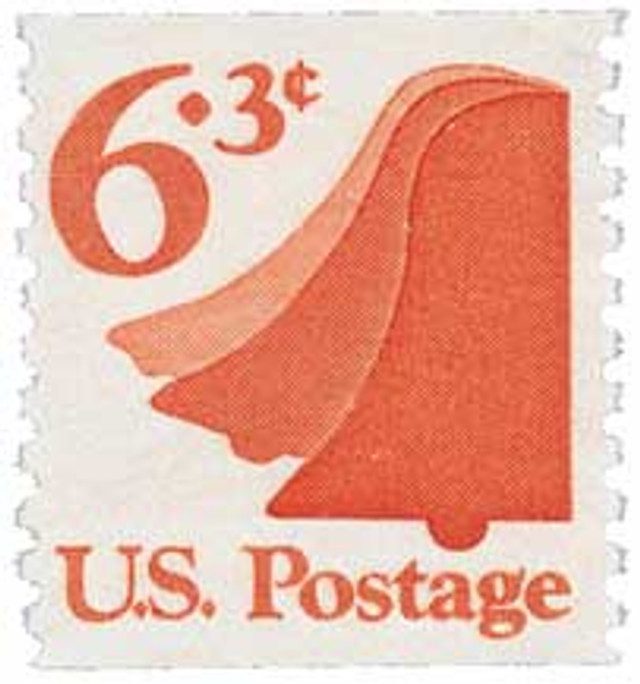
On April 1, 1700, pranksters in England popularized the annual tradition of playing jokes on each other on April Fools’ Day.
The origins of April Fools’ Day are unclear. There are several possible roots in different countries that may have led to April Fools’ Day.
Some historians believe April Fools’ Day could be related to the festival Hilaria, which was celebrated in Ancient Rome. Celebrated at the end of March, it included people dressing up in disguises. It may also be connected to the vernal equinox (start of spring), as that was a time that Mother Nature fooled people with unpredictable weather.
One interesting theory is that April Fools’ Day is related to the Genesis flood from the Bible. A newspaper from 1769 wrote, “The mistake of Noah sending the dove out of the ark before the water had abated, on the first day of April, and to perpetuate the memory of this deliverance it was thought proper, whoever forgot so remarkable a circumstance, to punish them by sending them upon some sleeveless errand similar to that ineffectual message upon which the bird was sent by the patriarch.”
Another early claim is Geoffrey Chaucer’s The Canterbury Tales, published in 1387. In the “Nun’s Priest’s Tale,” there is mention of March 32, which some readers took to mean as April 1. However, many modern scholars believe this may have been a copying error.
One of the popular theories for the holiday’s roots stems from a calendar change. During the Middle Ages, many European towns celebrated New Year’s Day on March 25. The celebrations would often last a week, until April 1. Then in 1582, France switched from this Julian Calendar to the Gregorian Calendar, which made January 1 the start of the new year. Reportedly, some people were unaware of the change, and continued to celebrate the new year at the end of March, and were the victims of jokes and hoaxes because of this. Some of these pranks included the placing of paper fish on their backs and being called poisson d’avril, or April fish. This was said to represent a young, easily caught fish and a gullible person.
In 1686, John Aubrey was the first British person to reference the day, calling it “Fooles holy day.” And 12 years later, advertisements were printed for the “Annual Ceremony of Washing the Lions” at the Tower of London. Several people went to the tower to see the spectacle, but it wasn’t real.
Some historians point to April 1, 1700, as the day April Fools’ Day became largely popularized in England. On that day, it’s said that several pranksters played practical jokes on each other, helping to spread the tradition throughout the country. Throughout the 1700s, April Fools’ Day became more popular throughout Britain. People in Scotland would celebrate for two days. On the first day they “hunted the gowk” (cuckoo bird), in which people were sent on fake errands. The next day was Tailie Day, in which people pinned fake tails and “kick me” signs on others.
Over the years, April Fools’ Day pranks have become more elaborate, and technology has helped to spread the jokes even farther and faster. In 1957, the BBC ran a story about Swiss farmers with a record spaghetti crop and showed video of people collecting noodles from trees. And in 1996, fast-food chain Taco Bell announced it was buying the Liberty Bell and would rename it the Taco Liberty Bell.
Click here to view an extensive archive on the history of April Fools’ Day.
Click here to see what else happened on This Day in History.





I didn’t see any reference to the phrase “All Fool’s Day” which seemed to be a popular one when I was a kid.
Your writers do a pretty good job, but today their typing might have gotten ahead of themselves. The calendar switch in the 16th century (18th in Britain, 20th in Russia) was the other way around. Countries went from the Julian (named after Julius Caesar) to the Gregorian (named after Pope Gregory who commissioned it). Aside from that, thanks for the daily tidbits. They are always entertaining.
HOW EDUCATIONAL NOW THIS DAY HAS SPECIAL MEANING AND TO COME TOGETHER WITH EASTER COULD MEAN THE BLESSED YOKE IS ON US. WELL DON’T CRACK YOUR SHELL. THANKS AGAIN
Happy Easter to all??
Peace on Earth
Not true. Easter and April Folks Day were the same day in 2002
And also in 1986 when I arrived in Amsterdam by plane on Easter Day, April 1.
And also in 2018, when Easter Sunday was April 1.
While reading the article I kept expecting the “April fools” chorus to emerge. I still don’t believe everything I just read. Either paranoia or conditioned reaction are at play here.
A very interesting and opening essay. I still am a little confused by some points but I truly appreciate this extra info and the thoughts shared. Thanks, again, Mystic ! All things considered, I always learn more about aspects in and about history from your updates, for which I am grateful !